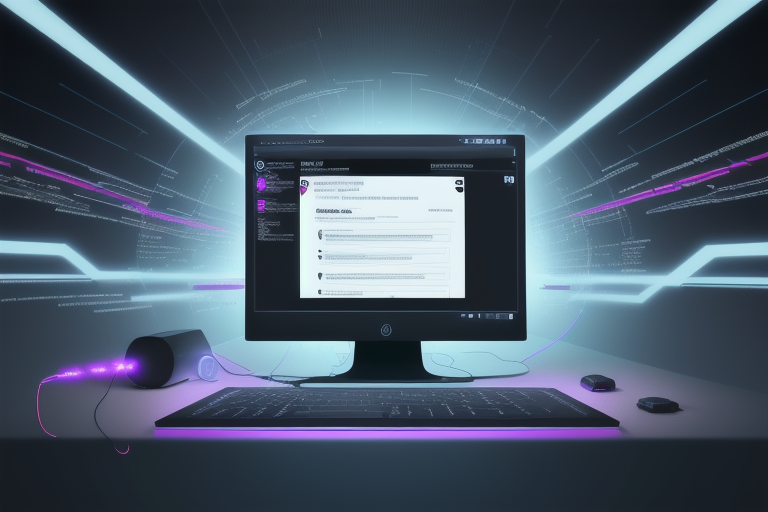The Impact of AI on Search Optimization

Understanding the Impact of AI on Search
AI is not replacing search, but rather it is a tool to improve search, making it more efficient and accurate. John Mueller and Liz Reid have both emphasized this point, reassuring SEO professionals that their work is still valuable and necessary. The role of AI in search engines will continue to evolve, but it will not replace human search. This means that users will still interact with search engines, and the results will still be determined by a combination of factors, including relevance, user experience, and technical performance.
The Importance of SEO in the Age of AI
SEO remains necessary for optimizing search results and ensuring smooth crawling and indexing processes. Mueller stresses that all the parts of search are still there, which means that optimizing for search to make sure it happens smoothly is still important. This includes optimizing content for user experience, technical performance, and relevance, as well as ensuring that websites are crawlable and indexable by search engines. SEO professionals must understand how to optimize for these factors in order to improve their website’s visibility and ranking in search results.
Adjusting to Changes Driven by AI-Powered Search
The introduction of AI-powered search requires SEOs and publishers to adapt and adjust their strategies. This means being aware of the latest trends and updates in AI-powered search, and adjusting SEO strategies accordingly. For example, using natural language processing to optimize content for voice search, or using entity-based optimization to improve relevance and accuracy. SEO professionals must also be prepared to adjust their strategies in response to changes driven by AI-powered search, such as changes in user behavior, search engine algorithms, and technical performance.
Practical Advice for SEO Professionals
To adapt to the changing landscape of AI-powered search, SEO professionals should focus on creating high-quality, relevant content that is optimized for user experience and technical performance. This includes using techniques such as entity-based optimization, natural language processing, and machine learning to improve relevance and accuracy. Additionally, SEO professionals should stay up-to-date with the latest trends and updates in AI-powered search, and be prepared to adjust their strategies accordingly. By doing so, they can ensure that their website remains visible and competitive in search results, even as the landscape of AI-powered search continues to evolve.
Relevant Examples
For example, a company like Google is already using AI-powered search to improve its search results, with features such as entity-based optimization and natural language processing. This means that SEO professionals must be aware of these changes and adjust their strategies accordingly, in order to improve their website’s visibility and ranking in search results. By doing so, they can ensure that their website remains competitive and visible in search results, even as the landscape of AI-powered search continues to evolve.
Actionable Insights
To summarize, the key takeaways from this discussion are:
- The role of AI in search engines will continue to evolve, but it will not replace human search.
- Optimizing for search remains essential for crawling, indexing, and ranking processes.
- SEO professionals must be prepared to adjust their strategies in response to changes driven by AI-powered search. By following these insights and adjusting their strategies accordingly, SEO professionals can ensure that their website remains visible and competitive in search results, even as the landscape of AI-powered search continues to evolve.

 Never miss an update from us, subscribe to our newsletter
Never miss an update from us, subscribe to our newsletter